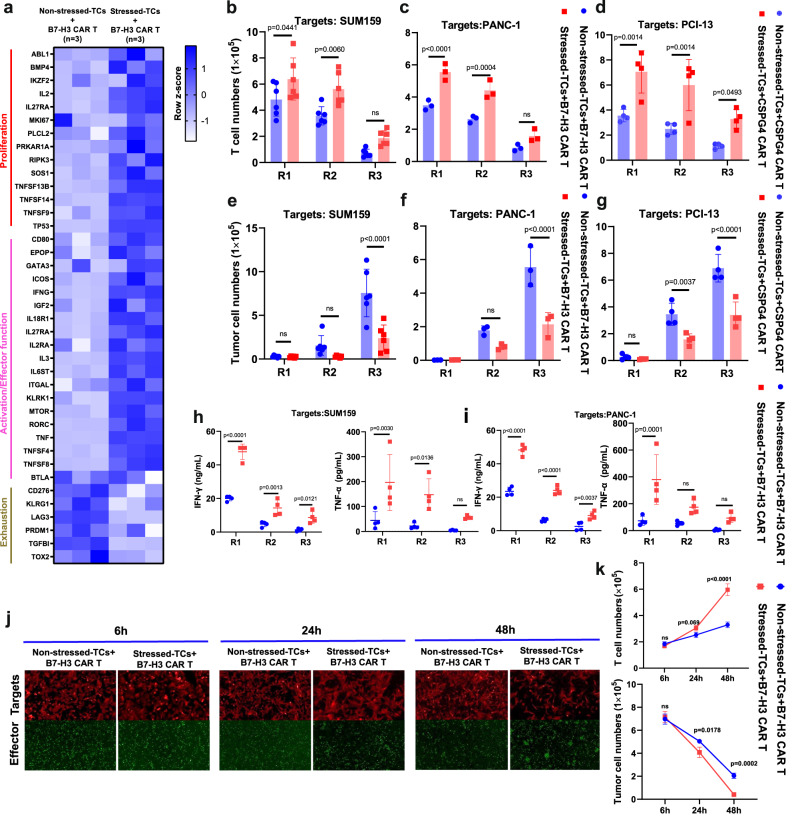Fig. 3. DSF/Cu + IR-stressed target cells promote functional switch in CAR T cells with profoundly enhanced in vitro expansion and cytotoxicity.
a The heatmap shows differential gene expression between B7-H3 CAR T cells reprogrammed by co-culture with non-stressed SUM159 tumor cells vs. DSF/Cu+IR-stressed cancer cells (n = 3 biologically independent experiments). b, c, d, e, f, g The absolute number of CAR T (b, c, d) and tumor cells (e, f, g) was counted after each round of repetitive co-culture (E:T = 1:2) with non-stressed vs. DSF/Cu+IR-stressed cells: SUM159 (b, e n = 6 independent experiments), PANC-1 (c, f n = 3 independent experiments) or PCI-13 (d, g n = 4 independent experiments). h, i TNF-α and IFN-γ released in the supernatant collected at the end of each round of repetitive co-culture was measured by ELISA (n = 4 independent experiments). j, k Representative images (j) and quantitative (k, n = 3 independent experiments) data for CAR T cell proliferation and target cancer cell reduction after 6 h, 24 h, and 48 h of co-culture of target cancer cells with reprogrammed vs. non-reprogrammed CAR T cells. Statistical comparisons were performed using two-way ANOVA with Sidak’s multiple comparisons test (b, c, d, e, f, g, h, i, k). P-values are shown and error bars indicate mean ± SD. ns represents no significant difference. Source data are provided as a Source Data file.

